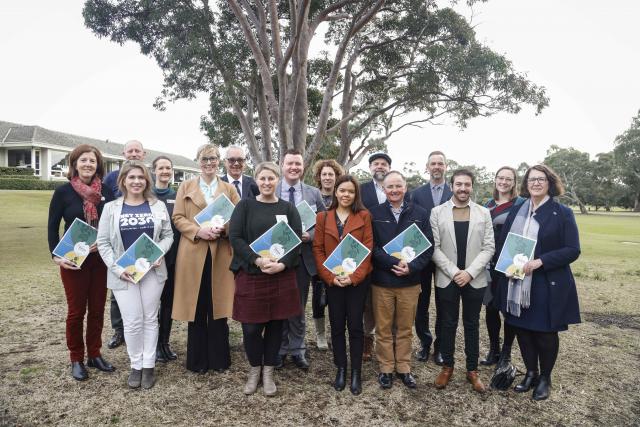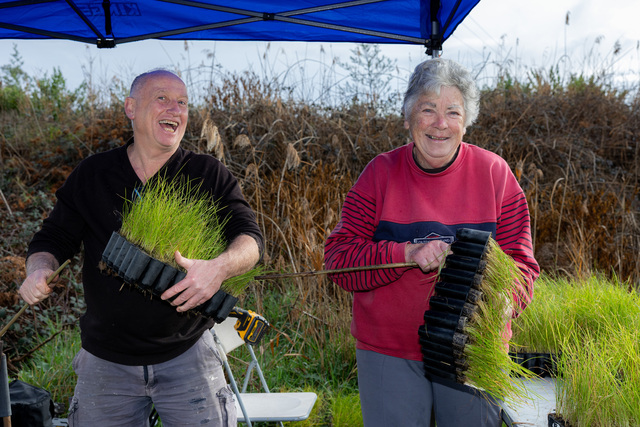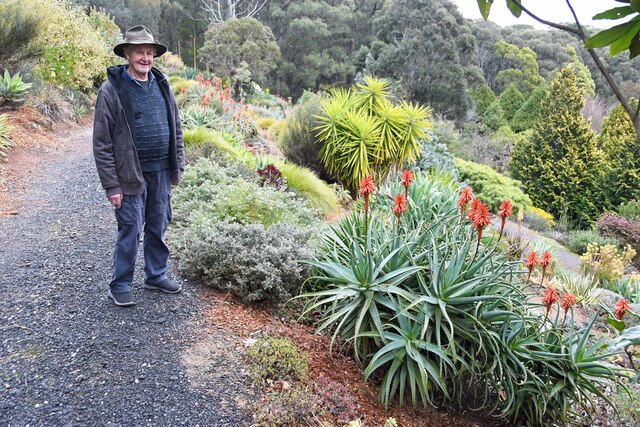Nine councils have called for more state and federal funding to tackle climate change in the South East.
In its 2022 policy platform, the South East Councils Climate Change Alliance has called for $70 million funding of regional projects such as a $20 million network of electric vehicle charging stations.
The alliance also calls for $20 million toward ‘active transport’ such as walking and cycling, $20 million for a gas-transition fund and $10 million to support climate-change adaption projects in the South East.
It is also advocating for “greener, cooler, more liveable cities” and more net-zero-carbon buildings.
SECCCA’s members are councils of Greater Dandenong, Casey, Cardinia Shire, Kingston, Frankston, Mornington Peninsula Shire, Bass Coast Shire, Bayside and Port Phillip.
Each council has declared a climate emergency, and set targets to reduce their corporate carbon-emissions.
According to SECCCA, community surveys in the South East have shown overwhelming support for climate action.
Top areas of concern in Casey and Cardinia include bushfires, drought, extreme temperatures and loss of biodiversity and habitat.
In Greater Dandenong, the top concerns were the need for more trees in public spaces and streets, reduced waste to landfill and for the council to use renewable energy.
“Action on climate change is front of mind for residents living in the SECCCA region; the community is asking us to take action locally as well as nationally but we can’t do this alone” SECCCA chair and Bass Coast Shire mayor Michael Whelan said at the policy launch on 24 August.
“Our priorities are aimed at supporting low carbon (electric vehicle) and active transport, creating greener, cooler and more liveable cities and helping our communities adapt to climate change.
“Getting these things right in our communities will help both State and Federal government to achieve their emissions targets much sooner – which is what everyone is seeking.”
Cr Whelan said climate change was leading to rising infrastructure costs due to disasters, rising insurance premiums and rising energy bills due to higher temperatures.
“Local government is best-placed to help our communities address climate change, while building resilience and preparing for future impacts,” Cr Whelan said.
SECCCA is also seeking a net-zero emissions target by 2040, and a 67 per cent reduction in carbon emissions by 2030 to curtail global warming below 1.5 degrees Celsius.
On the current trajectory, heatwaves will increase eight-fold and rainfall will reduce by up to 10 per cent in the South East by 2050, according to SECCA.







